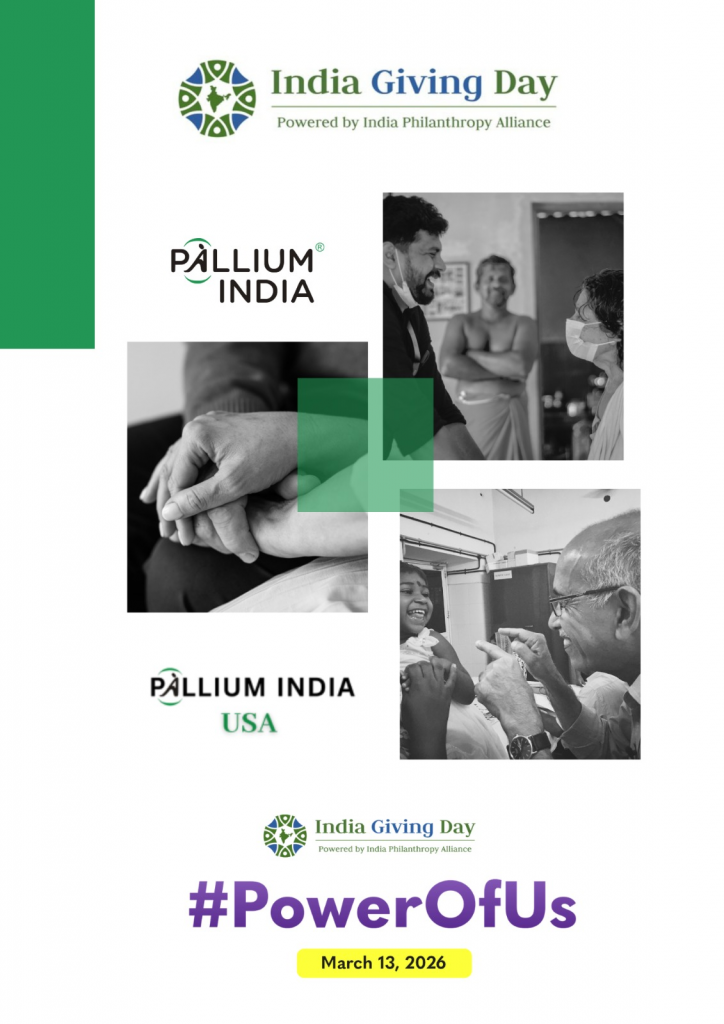Some Welcome Pharma News for India
In a recent case, The Delhi High Court held that Indian pharmaceutical company Cipla has not infringed upon the patent right of Swiss drug company F Hoffman La-Roche on a cancer drug.
Dr B Ekbal, former Vice chancellor of Kerala University, informs us about this welcome news which may have a significant and positive impact on our work:
The Delhi High Court took up the first patent case in India under the patent regime implemented from 2005 onwards. Roche was marketing the drug Tarceva for management of advanced or metastatic non small cell carcinoma of lung in India from 2007 onwards. The drug costs Rs 4800 per capsule and Rs.1, 44,000 for one month’s course of treatment. Tarceva is the brand name of Erlotinib which acts by inhibiting the epidermal growth factor for which Pfizer holds the original patent from US and European Union Patent Offices. Roche is licensed by Pfizer to market the drug in India and subsequently got the patent rights in India in 2007.
Meanwhile, Cipla announced that they are going to market the generic version of Erlotinib priced Rs 1600 per capsule i.e. Rs 48,000 for a month’s treatment. Roche then filed the case arguing that Cipla for violating the rule 48 of the Indian Patent Act which gives exclusive right to the patentee of a product to prevent any third party from non consensual usage of the product.
Cipla opposed Roche’s case by invoking rule 3(d) of the Indian Patent Act to argue that the Erlotinib is not a new drug at all and hence the patent given to the drug is not valid. This drug is only an improvement of the existing “prior art” as Quinazoline compound that inhibits growth factor. It is a derivative of a known compound and hence not patentable under section 3(d) of the Indian Patent Act. Cipla also pointed out that the patented product is a derivative of Gefitnib of Astra Seneca for which patent was refused in India on the ground that the compound was already in public domain.
The Delhi high court accepted Cipla’s arguments and gave a verdict against Roche. The Delhi High Court ruling in effect endorsed the validity of rule 3(d) and hence will have strong positive impact on the Novartis case on Gleevec – one that is waiting to be heard by the Supreme Court of India.






